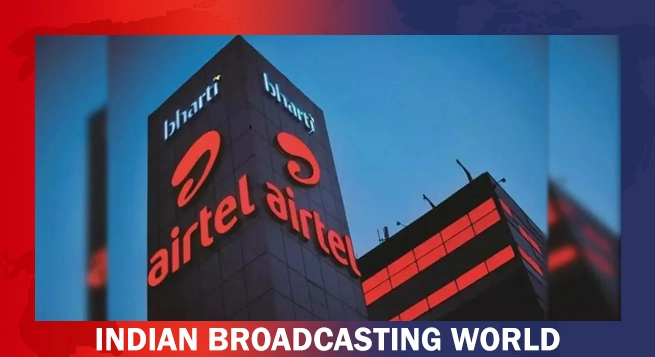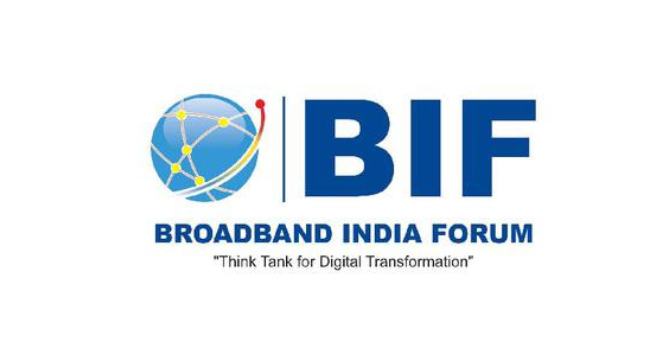Broadband India Forum, an industry body of tech companies, has now tried to call out the telcos by saying “depriving enterprises of TRAI recommended” direct administrative allocation of spectrum for captive non-public networks (CNPNs) will “prevent fair competition, liberalisation and progress”.
In short, BFI is now lobbying for a level playing field for business enterprises and big tech companies in the issue of allocation of 5G spectrum.
“It is highly irreverent to imply that the historic Cabinet decision permitting allocation of direct spectrum to private enterprises offers a backdoor entry for them to get 5G spectrum and set up public/consumer 5G networks,” BFI said in a media statement Friday.
It went on to add: “In fact, all the four methods approved by the Union Cabinet and issued in the NIA for obtaining spectrum for captive private 5G (non-public) networks have the involvement of telcos. Even the fourth option of direct assignment of spectrum to the enterprises does not preclude the option/possibility that enterprises buying the spectrum directly from the government can have the captive private network built by the telcos for them.
“This gives them (telcos) undue advantage over the private enterprises. So, in actuality, this is a case of non-level playing field in the telcos’ favour.”
BIF, which asserted Friday the choice of service provider for captive private 5G networks must lie with the enterprises, was responding to telcos’ body COAI that on Thursday urged the government not to allow big tech companies to enter the 5G spectrum auction this month via back door channels.
The COAI said in a statement that the 5G spectrum should not be provided on an administrative basis as it leads to no business case for the rollout of 5G networks in the country.
BIF President T.V. Ramachandran commented in a statement: “It is ludicrous that misleading and misinformed views are being propagated demanding level playing field between two completely different sets of services, i.e. massive country-wide public networks and significantly smaller and limited captive non-public networks, especially when the playing field is actually completely tilted in the favour of the telcos.
 TRAI revamps website to connect with wider audience
TRAI revamps website to connect with wider audience  Prime Video to limit in India number of TV sets having access per subscription
Prime Video to limit in India number of TV sets having access per subscription  Delhi HC orders meta to remove deepfake videos of Rajat Sharma
Delhi HC orders meta to remove deepfake videos of Rajat Sharma  Yearender 2024 most anticipated film sequels of 2025
Yearender 2024 most anticipated film sequels of 2025  Airtel faces outage, users across India report network disruptions
Airtel faces outage, users across India report network disruptions  Kartik Aaryan to star in ‘Tu Meri Main Tera, Main Tera Tu Meri’
Kartik Aaryan to star in ‘Tu Meri Main Tera, Main Tera Tu Meri’  ‘MasterChef India’ returns with a celebrity twist
‘MasterChef India’ returns with a celebrity twist  News18 Gujarati hosts ‘Rising Gujarat’
News18 Gujarati hosts ‘Rising Gujarat’ 








